
Catch up on the top radiology content of the past week.

Catch up on the top radiology content of the past week.
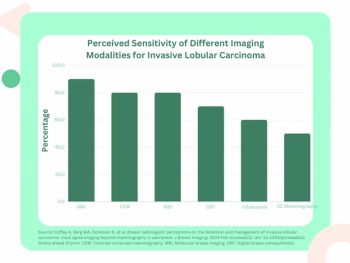
For women with dense breasts, only 25 percent of breast radiologists are confident in the use of mammography for diagnosing invasive lobular carcinoma, according to newly published survey results from the Society of Breast Imaging.
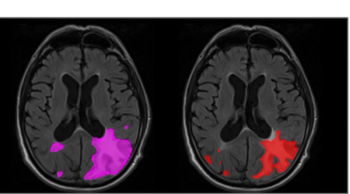
The adjunctive use of AI software led to 16 percent and 10 percent increases in sensitivity rates for the detection of ARIA-E and ARIA-H, respectively, in patients with Alzheimer’s disease, according to newly published research.

Catch up on the top radiology content of the past week.
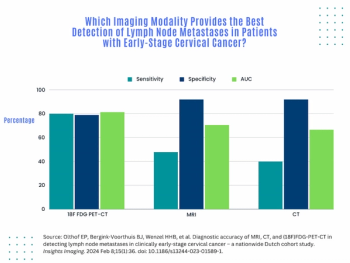
For the detection of nodal metastases in patients with early-stage cervical cancer, 18F FDG PET-CT offered a sensitivity rate that was double that of CT and 32 percent higher than MRI, according to newly published research.
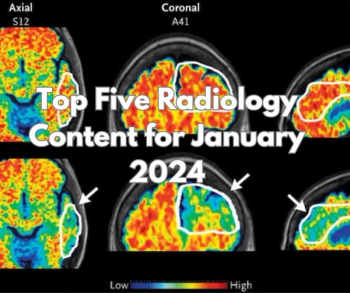
Catch up on the most-well viewed radiology content in January 2024.

Catch up on the top radiology content of the past week.

Catch up on the top AI-related news and research in radiology over the past month.
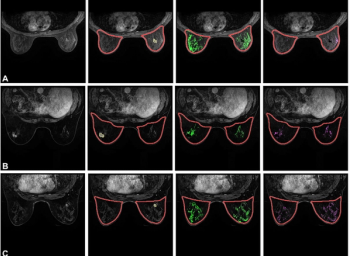
Researchers found that several measurements of background parenchymal enhancement (BPE) on dynamic contrast-enhanced MRI were linked to a 27 to 66 percent higher risk of breast cancer recurrence.
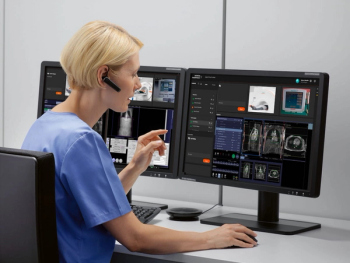
The syngo Virtual Cockpit platform reportedly enables remote access and image acquisition for CT, MRI and positron emission tomography (PET), and facilitates clinician collaboration across multiple sites.

Catch up on the top radiology content of the past week.
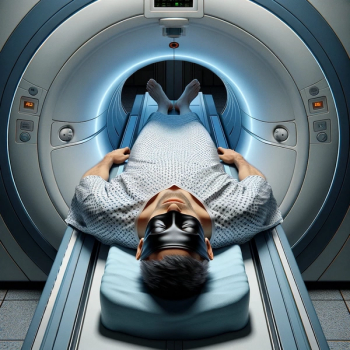
Given the frequent challenges in magnetic resonance imaging that are associated with claustrophobia, this author discusses innovations in noise reduction, radiofrequency coils and wide bore scanners, and emphasizes keys to relieving patient anxiety.

Utilized for neurological procedures including biopsies, catheter placement and electrode introduction, the SmartFrame OR Stereotactic System can be combined with preoperative MRI or CT to ensure optimal placement of devices and instruments.
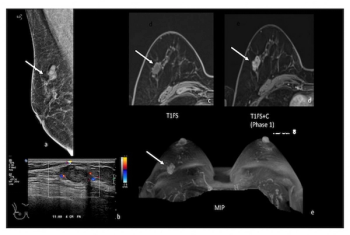
For women with dense breasts, abbreviated breast MRI and digital breast tomosynthesis (DBT) both offered greater than 98 percent sensitivity rates and greater than 94 percent negative predictive values (NPVs) for breast cancer detection, according to newly published research.

Catch up on the top radiology content of the past week.
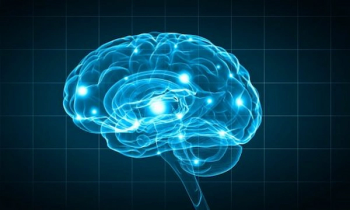
Utilizing brain MRI and cognitive assessments, the newly FDA-approved, AI-powered software platform BrainSee can reportedly predict the progression of amnestic mild cognitive impairment (aMCI) to Alzheimer’s dementia within five years.

Catch up on the top radiology content of the past week.
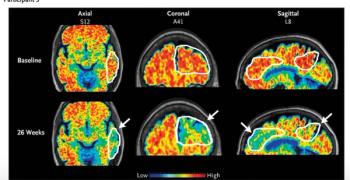
In a recent proof-of-concept trial assessing the combination of aducanumab infusion with MRI-guided focused ultrasound to open the blood-brain barrier, researchers found significant reductions in amyloid-beta load at 26 weeks in patients with Alzheimer’s disease.
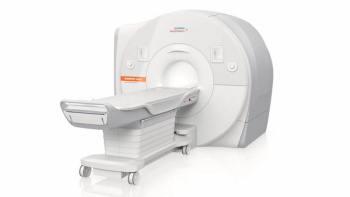
At an amplitude of 200 mT/m and a slew rate of 200 T/m/s, the gradients for the FDA-cleared MAGNETOM Cima.X are reportedly the strongest for currently available whole-body MRI scanners.
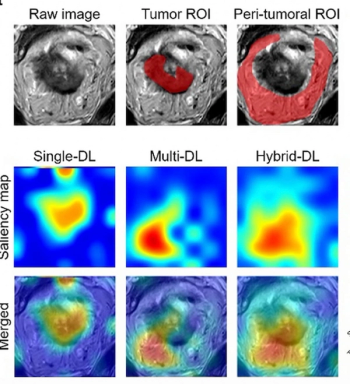
An emerging deep learning model, which incorporates T2-weighted MRI and clinical data, demonstrated an 83.9 percent AUC and an 85 percent specificity rate for preoperative prediction of tumor deposits in patients with rectal cancer.
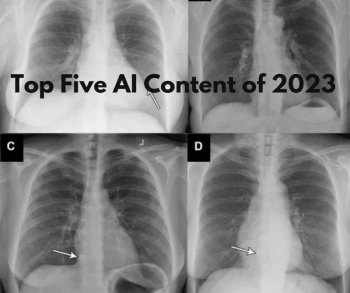
Catch up on the most viewed content on AI in radiology from 2023.
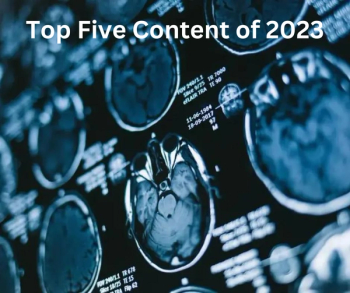
Touching on a variety of topics in radiology, here are the top five most well-viewed content from Diagnostic Imaging in 2023.
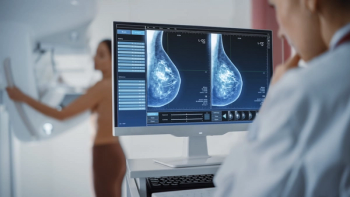
In a study examining the potential of the large language models ChatGPT-4 and Bard to follow ACR Appropriateness Criteria for breast cancer, lung cancer, ovarian cancer and colorectal cancer screening, researchers noted “impressive accuracy in making radiologic clinical decisions.”
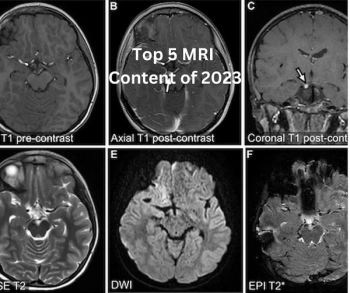
Catch up on the most well-read magnetic resonance imaging (MRI) articles from 2023.

Catch up on the top radiology content of the past week.